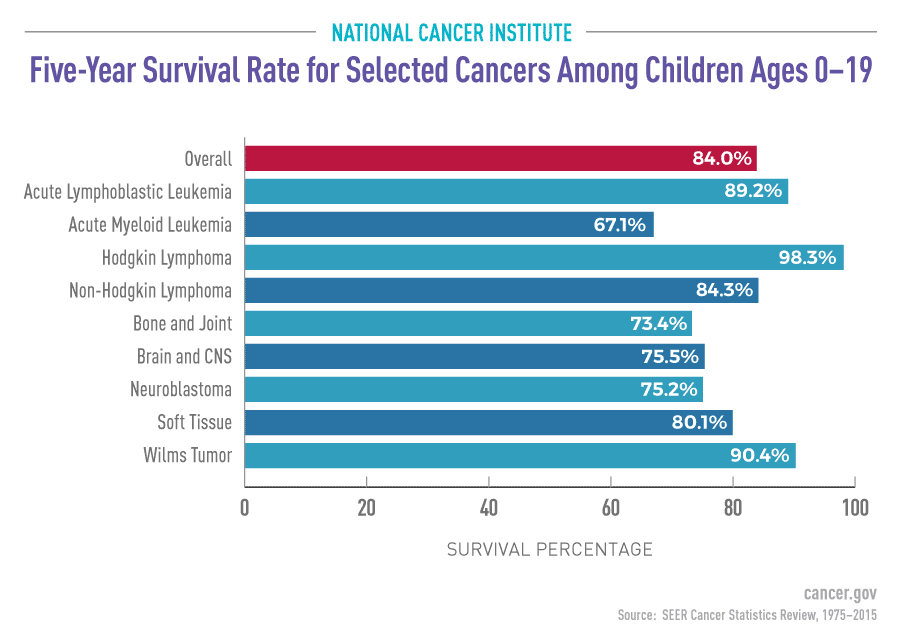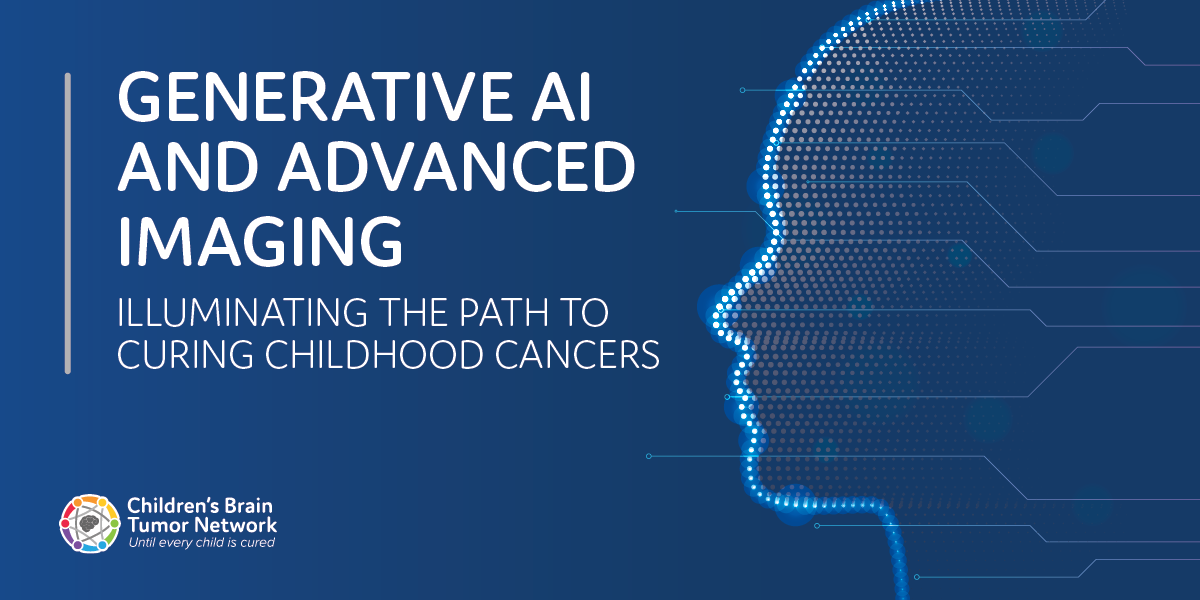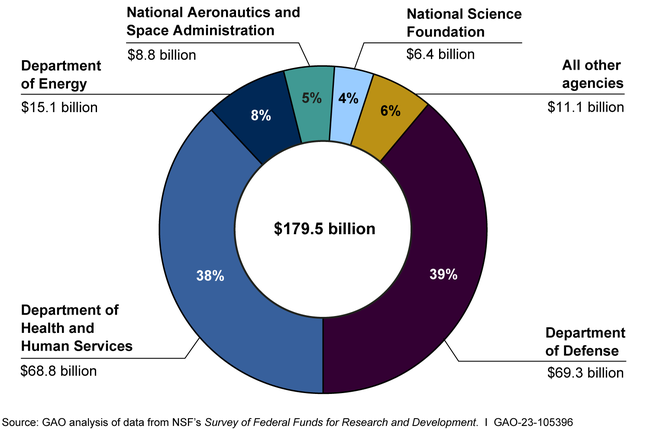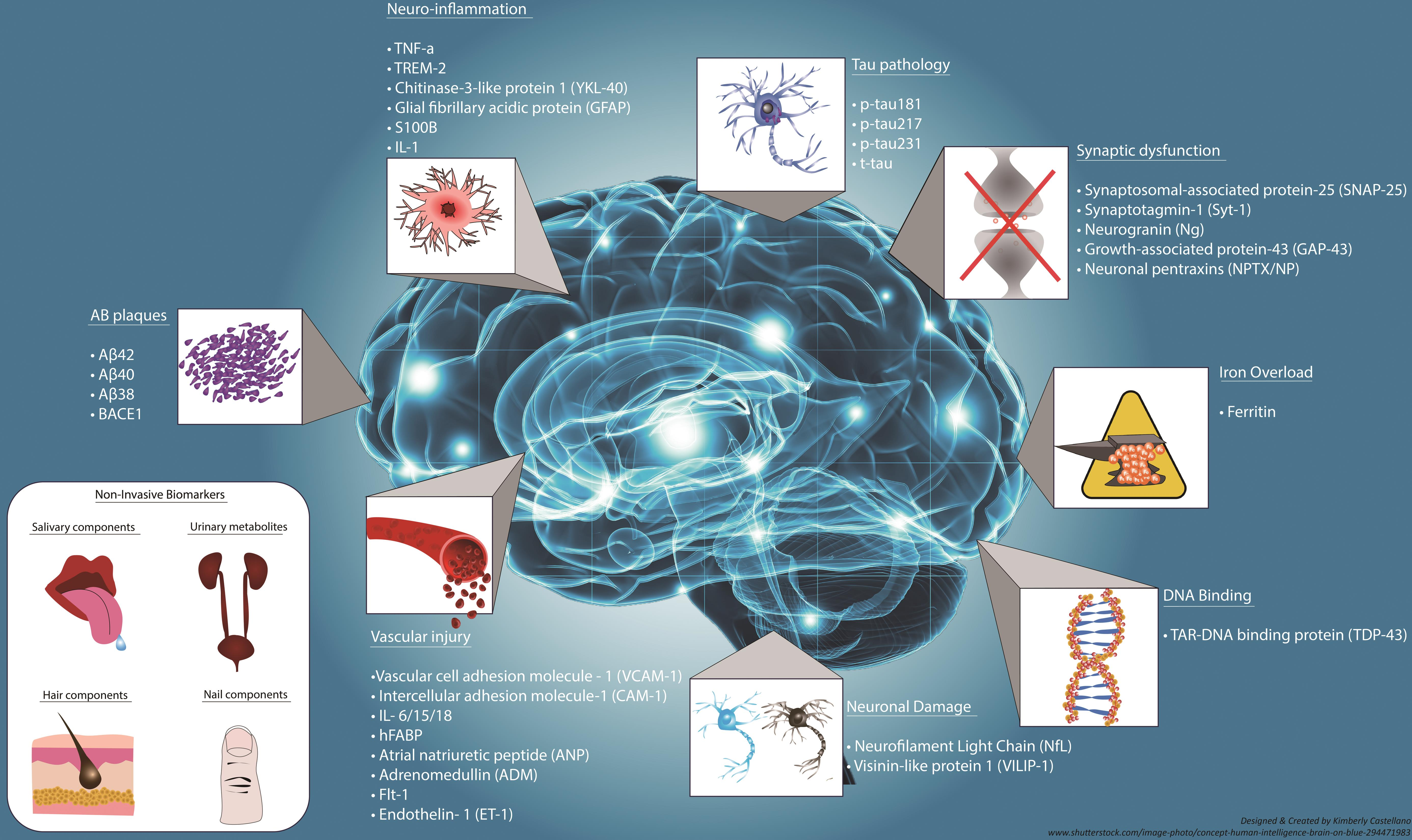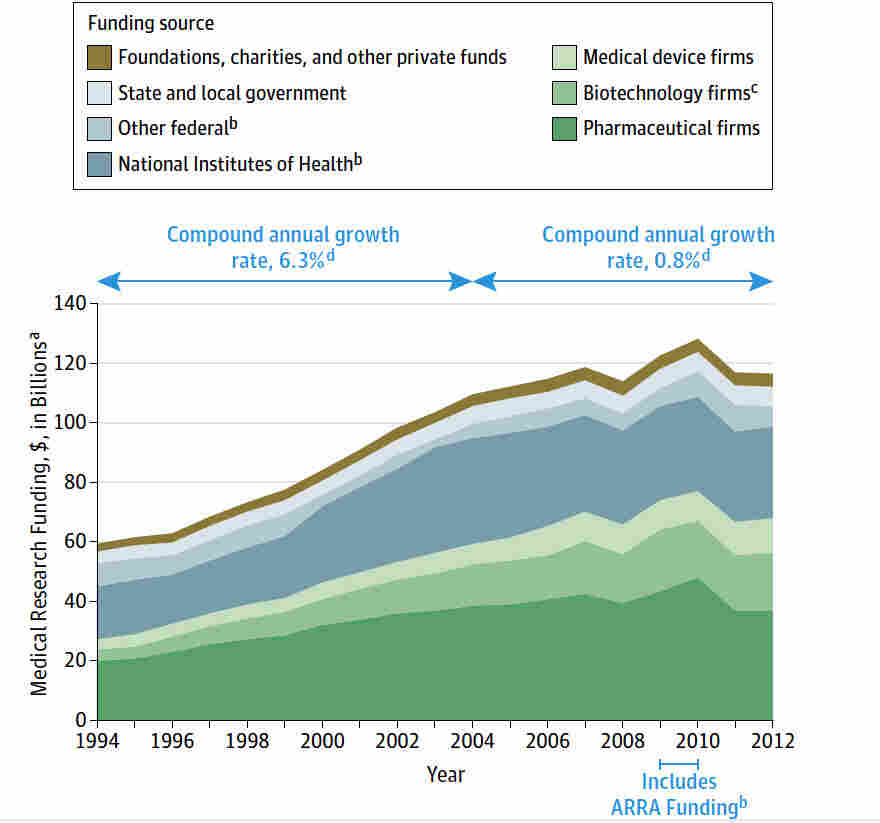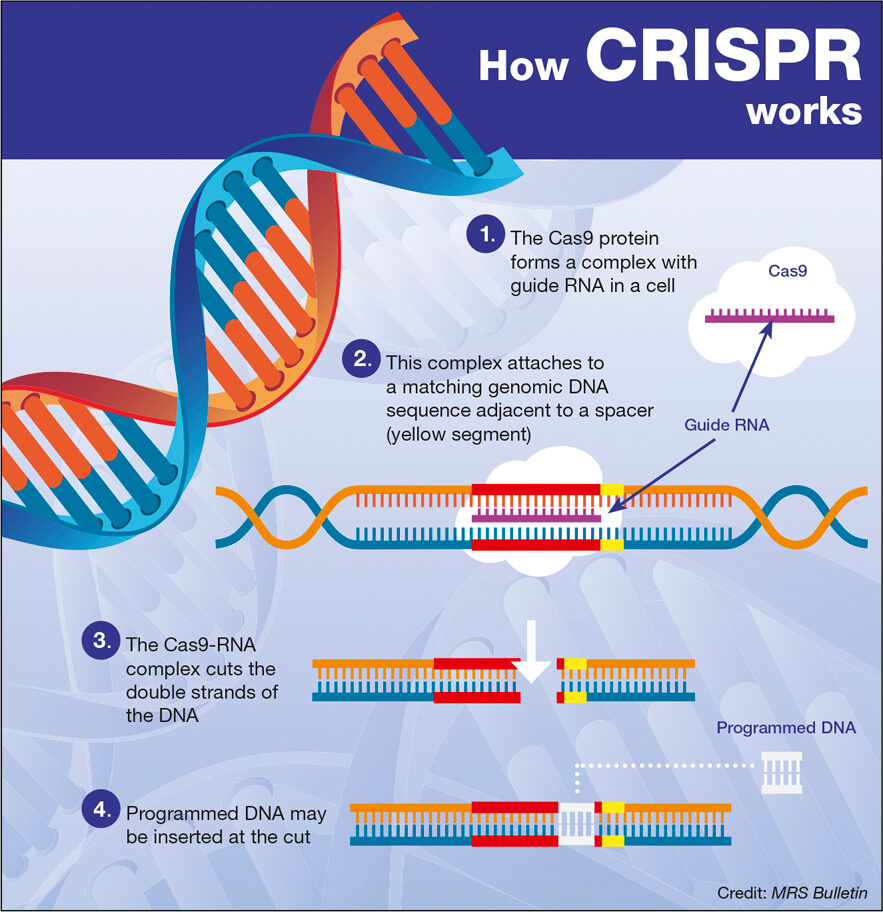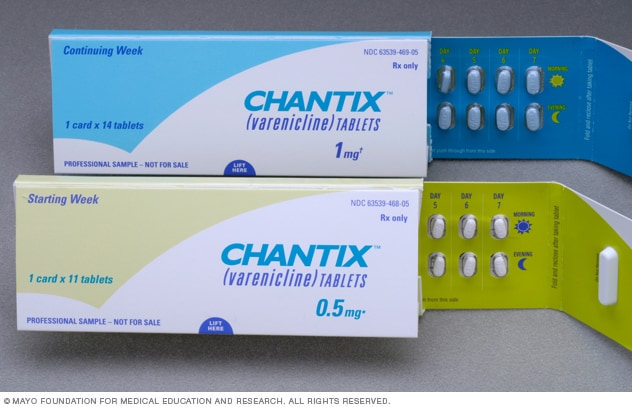Pediatric cancer recurrence prediction has taken a promising step forward with the recent advancements in artificial intelligence (AI) tools.In a groundbreaking study by Harvard researchers, AI demonstrated a remarkable ability to analyze multiple brain scans over time to predict the risk of relapse in pediatric cancer patients more accurately than traditional methods.
AI in Pediatric Brain Cancer: Predicting Relapse Risks
AI in pediatric brain cancer is paving the way for groundbreaking advancements in diagnosing and predicting relapse risk for young patients suffering from conditions like pediatric gliomas.A recent study revealed that an AI tool could outperform traditional methods by analyzing longitudinal brain scans, providing a more accurate assessment of potential recurrence.
Federal Research Grants: Importance for Health Innovations
Federal research grants are crucial lifelines for scientists and researchers striving to push the boundaries of knowledge and improve public health.These grants provide essential funding to support various projects, including cancer risk reduction research and nutrition human reproduction studies.
Alzheimer’s Disease Research: Beth Stevens’ Groundbreaking Work
Alzheimer’s disease research is crucial in understanding and combating one of the most challenging neurodegenerative diseases of our time.Scientists like Beth Stevens have changed the landscape of this field by focusing on microglial cells, which act as the brain’s immune system.
Youth Well-Being: Money Isn’t Everything for Flourishing
Youth well-being is a critical topic that merits urgent attention as recent findings from the Global Flourishing Study have revealed alarming trends in youth mental health.This comprehensive research underscores the notion that money isn’t everything; rather, social connections among youth and a sense of purpose significantly contribute to their overall well-being.
Global Health: Insights from Atul Gawande on Challenges Ahead
Global health is at a crucial juncture as we face unprecedented challenges and opportunities influenced by leadership figures like Atul Gawande.His experiences at USAID highlight the importance of robust global health infrastructure, which is vital for facilitating effective health system impact and ensuring equitable access to care worldwide.
Medical Research Funding: Its Critical Role in Patient Safety
Medical research funding plays a pivotal role in advancing health outcomes and ensuring patient safety in medical studies.With recent funding cuts impacting this essential resource, the ability to conduct thorough research oversight has been severely compromised.
CRISPR Gene Editing: Navigating Ethics and Potential Cures
CRISPR gene editing has emerged as a revolutionary technology in the field of genetics, promising the potential to not only treat but also cure life-threatening diseases such as sickle cell disease.This innovative technique allows scientists to precisely edit DNA, igniting a passionate debate surrounding gene editing ethics and the implications of genetic modification on health equity.
Varenicline: Effective Aid to Quit Vaping for Teens
Varenicline has emerged as a beacon of hope in the battle against nicotine addiction, especially among teens and young adults grappling with vaping habits.This FDA-approved smoking cessation medication has demonstrated remarkable effectiveness, with clinical trials revealing that participants using varenicline were over three times more successful in quitting vaping compared to those relying solely on behavioral counseling.
Bile Imbalance and Liver Cancer: New Insights for Treatment
A critical connection has emerged between bile imbalance and liver cancer, specifically hepatocellular carcinoma (HCC), the most prevalent type of liver malignancy.Recent research highlights how fluctuations in bile acids, essential for fat digestion, can instigate severe liver conditions, leading to cancer.
